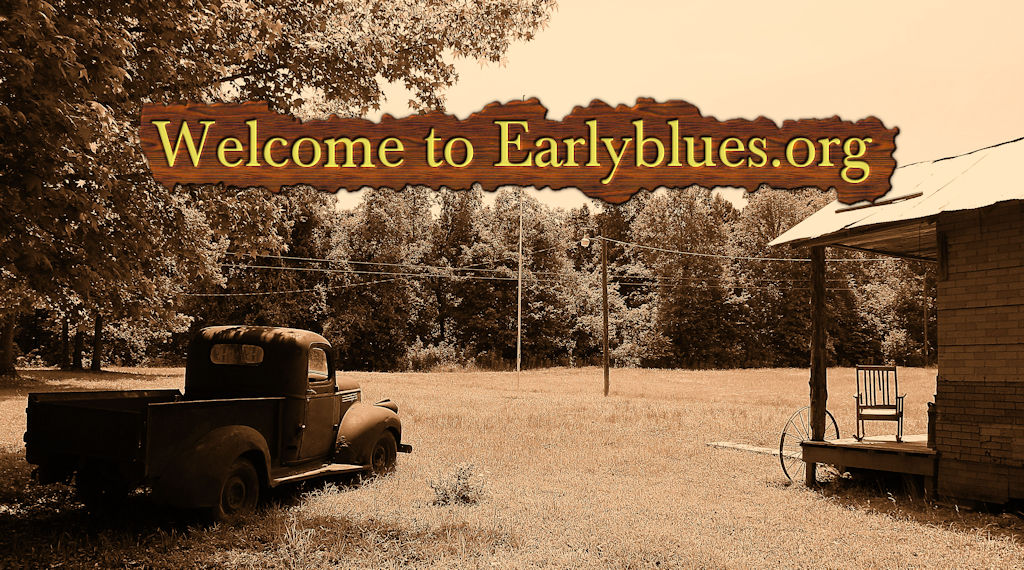Mothers Club, Erdington, Birmingham
The Experience of “Mothers” Club, 1969/70 – The Time of Our Lives! – by Robert Sumner
Once upon a time there was an underground. It so happened that on one Saturday night two innocent little rabbits of the most common type in the world, who always lived on the ground, tumbled down a black hole and entered another world.
To the two young men, for they were almost men, wearing respectable suits and ties, the creatures that inhabited this domain presented a quite shocking scene; long-haired and colourfully attired it seemed they were mimicking the appearance of their idols on stage who were so bizarre that they could never live above ground! Fact was we (Alan White & I) had fallen into one of the world`s main platforms for access to underground music. Lives were transformed there; the dramatic “hippie” (as it came later to be known) song “White Rabbit”, by Jefferson Airplane, says it all.
The hippie movement stretched far beyond music to lifestyles which would produce an alternative, non-commercial and anti-materialistic society. In the eyes of the disciples this future lay just around the corner. True, Jethro Tull did say pointedly “Now there`s revolution, but they don`t know what they are after …” but hey this was the late 60s! “Tune in, turn on” was a slogan seen hand-painted, using bright colours often with flower decorations, on the side of many a mini-bus. Escape via drugs.
You did not need drugs to get high. Tuning in to Mothers turned on the light. Standing, or occasionally squatting on the floor, in a small pitch-black club transfixed by the demented leaders of underground music cavorting on the tiny stage made the adrenalin flow, the body twitch and the mind fly unassisted by other stimulants.
Appearing on the first occasion we dropped in was an American group called “Spirit”. My recollection of these is of a large man in black, unforgettably unique by his shaved head, and a song called “1984” with a resonant chorus containing the appropriate reminder that “1984’s knockin` at your door …”
If the first concert lit the spirit of rebellion, the next was outright anarchy. The Edgar Broughton Band. Edgar Broughton looked like Guy Fawkes and whipped the audience into a frenzy of mass hysteria, shouting “Out, Demons Out” against the world above ground. I thought you said “Now, Freedom Now” – the message was the same.
Now hooked we had a fix of Mothers three times a week. Weeknights included a visit there from the laconic disc jockey John Peel. This DJ`s choice of music was so eclectic that it could pass for alterative sound. It was mostly Blues groups that we went to see. The occasional folk group, like Fairport Convention, was palatable along with modern jazz, like Soft Machine. There were many loud groups of the genre which came to be called rock. I only knew they normally finished their set with a compilation of rock `n roll songs, notably Johnny B Goode. Black Sabbath, Ten Years After, Johnny Winter, Deep Purple, The Who (several times) – Keith Moon was the most exciting drummer I have ever seen. Rory Gallagher, frontman and guitarist of Taste, had everyone highly exhilarated one hot, crowded Saturday night. Proud of my ability to stand near to the speakers I have suffered impaired hearing since those days.
Also memories of Muddy Waters singing “Hoochie Couchie Man” and getting down amongst the audience. Chicken Shack included Christine Perfect on piano. She went on to greater things as Christine McVie of Fleetwood Mac. Endured a long wait for Elton John to appear on stage. When he did finally appear he explained that it was in his contract that he be furnished with a grand piano. Mothers had borrowed a stand-up `joanna` from The Red Lion nearby!
The future belonged to Elton John and his acolytes. Within a few months the rabbit-holes had widened into into gaping tunnels and light shone through. Becoming accustomed to the limelight the stars could now be seen only at town halls and concert halls, pop festivals and ultimately stadia all over the world. Their colour was fading and the world was looking more black and white with a green back. At the time it was often said that the idols of alternative music had “sold out”. The hippie movement, withered in the light of broken dreams, had collapsed and died within five years and soon descended into an object of parody.
The stars fell away from the eyes of those two youthful “rabbits” who had fallen into the black hole a year or so ago. Marriage, mortgage, moving away, family and a monochrome existence followed. Alan retained his enthusiasm for music, carrying the torch for the blues in a world which increasingly marginalised established styles of music in pursuit of ephemeral novelty. Some say the blues is passé and call it `old man`s music`. I guess you could say the same of opera.
Alan has become an expert in “blues-ology”, founding earlyblues.com in homage to the likes of Charlie Patton, Robert Johnson and Son House (we actually saw a rather ancient Son House at Mothers). A leading light in the UK Blues Federation, Alan continues to actively support contemporary blues artists who are struggling to survive in challenging times for music.
The other “rabbit” left music disillusioned by what was perceived as a false promise – or to be more exact it left him behind. He became a quiet rebel, seething against an entirely different establishment.The climate had undergone a sea change which proved difficult to come to terms with. In time he heard new and different styles of music, some of passing interest, with maybe with an occasional rejoinder in the lyric like: “My job is very boring, I’m an office clerk” (from `Echo Beach`), but B.B. King summed it up: “The Thrill is Gone”.
However, the memory of Mothers lives on.
